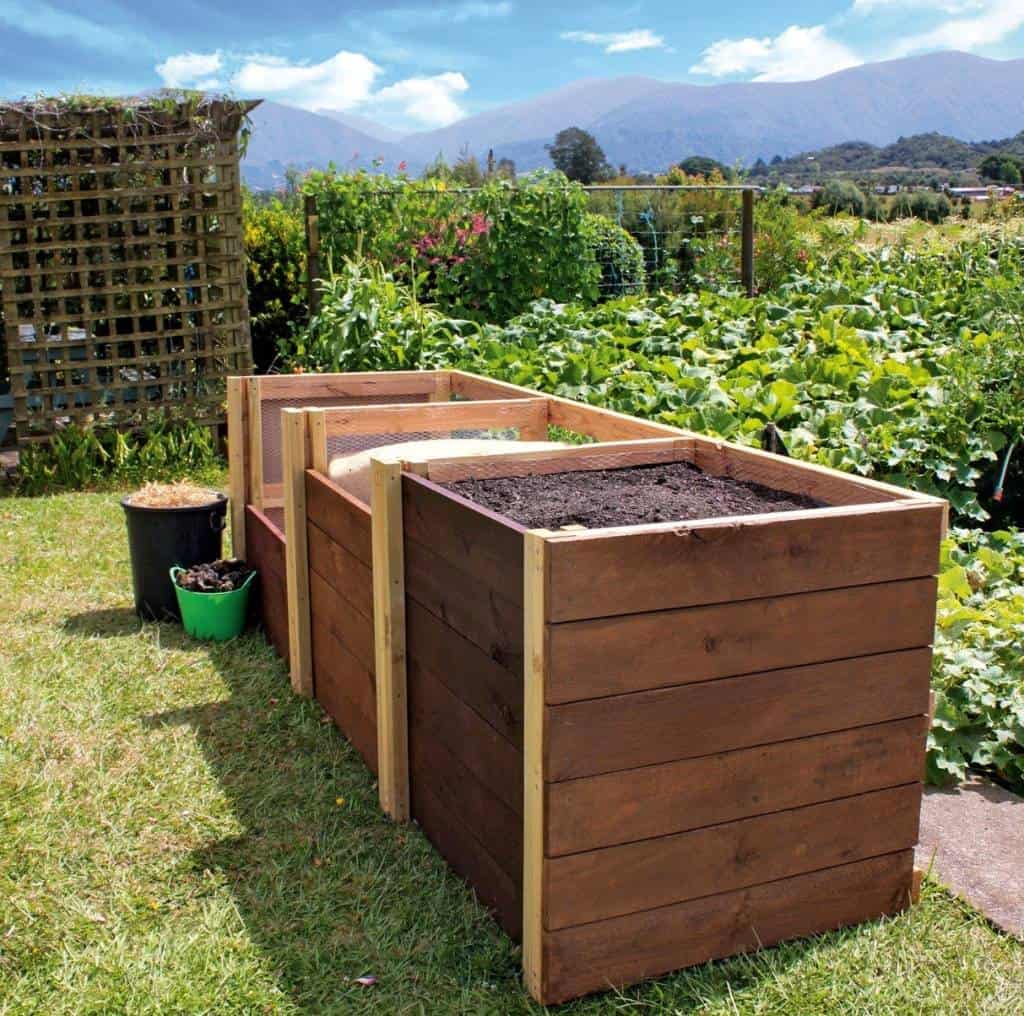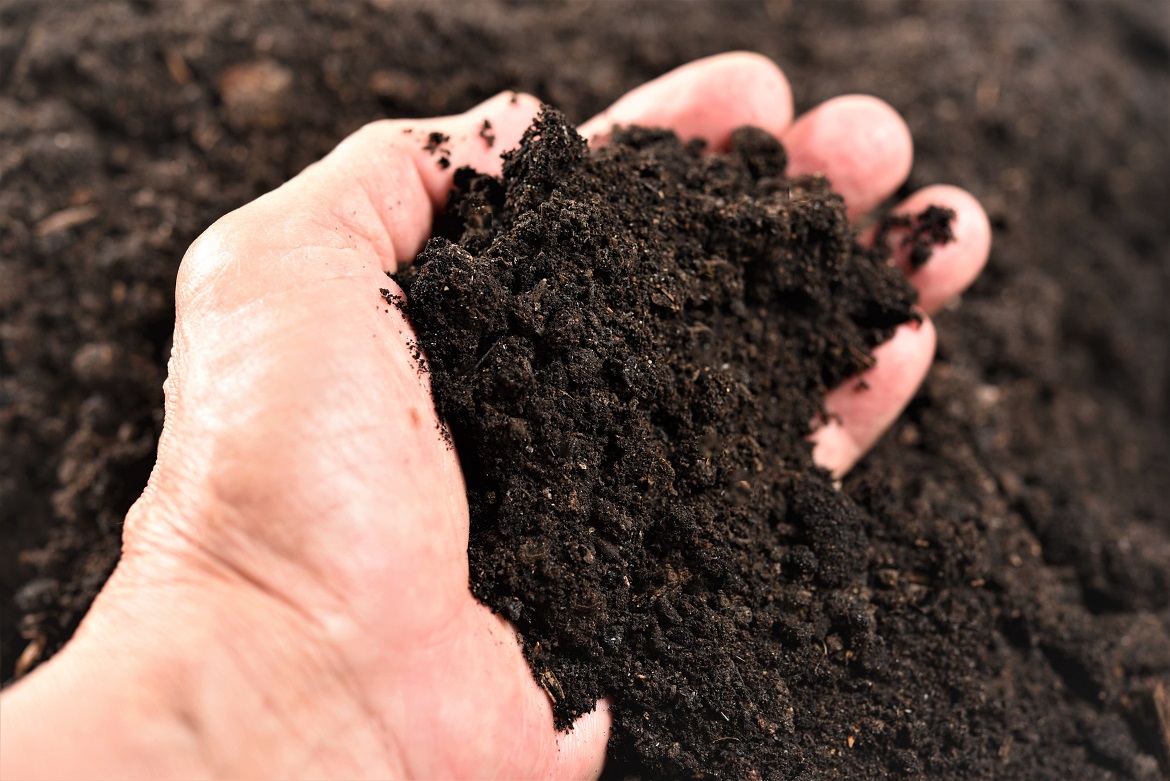DIY Composting Tips for a Healthy Garden: Turn Waste into Gold

Imagine transforming your kitchen scraps and garden waste into a rich, nutrient-dense elixir that fuels your garden's growth. Welcome to the world of DIY composting, where you become the alchemist, turning humble organic matter into black gold. Let's dive into the art and science of composting, exploring DIY composting tips for a healthy garden that will leave your plants thriving and your soul satisfied.
Understanding Composting: The Magic of Decay
Composting is nature's recycling system, breaking down organic matter into a nutrient-rich soil amendment. It's a simple process that involves layering nitrogen-rich (green) materials like kitchen scraps and carbon-rich (brown) materials like dry leaves, adding water, and letting microorganisms do the rest. The result? A dark, crumbly substance that improves soil structure, increases water retention, and feeds your plants.
DIY Composting Tips for a Healthy Garden
Choosing the Right Compost Bin
Your compost bin is the epicenter of your composting journey. It can be as simple as a pile in the corner of your yard or as complex as a multi-chambered tumbler.
- Plastic Bins: Lightweight and affordable, these are great for small spaces and beginners.
- Wooden Bins: Blend seamlessly into the garden and offer good aeration.
- Tumblers: Easy to turn and mix, they speed up the composting process.
Check out this guide from the Environmental Protection Agency for more on compost bins.
The Perfect Compost Recipe
Creating the ideal compost mix is like baking a cake. Too much of one ingredient can ruin the batch. Aim for a balance of green and brown materials.
- Green Materials (Nitrogen-Rich): Kitchen scraps, grass clippings, coffee grounds.
- Brown Materials (Carbon-Rich): Dry leaves, straw, shredded paper.

Layering: The Lasagna Method
Imagine building a lasagna, layering noodles, sauce, and cheese. Similarly, layer green and brown materials in your compost bin, adding water as you go. Top it off with a layer of soil to introduce beneficial microorganisms.
Maintaining Your Compost Pile
Composting isn't a set-it-and-forget-it task. Regular maintenance ensures a healthy, active pile.
- Turning: Aerate your pile by turning it with a pitchfork or shovel. This introduces oxygen, fostering microbial activity.
- Moisture: Keep your pile as damp as a wrung-out sponge. Too dry, and the process slows; too wet, and it becomes smelly and anaerobic.
- Temperature: An active pile generates heat. Use a compost thermometer to monitor temperature. Once it drops, it's time to turn the pile.
Using Your Compost
Once your compost is dark, crumbly, and smells earthy, it's ready to use.
- Soil Amendment: Mix it into your garden soil to improve structure and fertility.
- Mulch: Spread a layer around plants to retain moisture and suppress weeds.
- Compost Tea: Steep compost in water to create a nutrient-rich liquid fertilizer.
Troubleshooting Common Composting Issues
Even the most seasoned gardeners encounter composting challenges. Here's how to tackle common problems.
My Compost Pile Smells Bad
A smelly pile is often too wet or has too much nitrogen. Add more brown materials and turn the pile to introduce oxygen.
My Compost Pile Isn't Heating Up
A cold pile may be too dry or lack nitrogen. Add water and green materials, then turn the pile.
My Compost Pile Has Bugs
Most bugs are beneficial, aiding decomposition. However, if fruit flies are a nuisance, bury food scraps deeper in the pile.

Conclusion: Embrace the Power of DIY Composting
DIY composting tips for a healthy garden aren't just about creating a lush, vibrant landscape. They're about reducing waste, conserving resources, and connecting with nature's cycles. By composting, you're investing in your garden's future, one banana peel at a time. So, grab your gloves, gather your scraps, and let the transformative journey begin. Happy composting!
FAQs
Can I compost meat and dairy products?
- No, meat and dairy can attract pests and create odors. Stick to plant-based materials.
How long does it take to make compost?
- The process can take anywhere from a few weeks to several months, depending on factors like pile size, moisture, and aeration.
Can I compost weeds?
- Yes, but be cautious. Weeds with seeds or pernicious roots may survive the composting process and resprout in your garden.
Should I add worms to my compost pile?
- Worms can speed up decomposition, but they're not necessary. They'll naturally find their way to your pile if conditions are right.
Can I compost in winter?
- Yes, but the process slows down in cold temperatures. Insulating your bin can help maintain activity.
By embracing DIY composting tips for a healthy garden, you're not just nurturing your plants—you're nurturing a sustainable future. So, let's get started! Your garden, and the planet, will thank you.
0 Response to "DIY Composting Tips for a Healthy Garden: Turn Waste into Gold"
Post a Comment